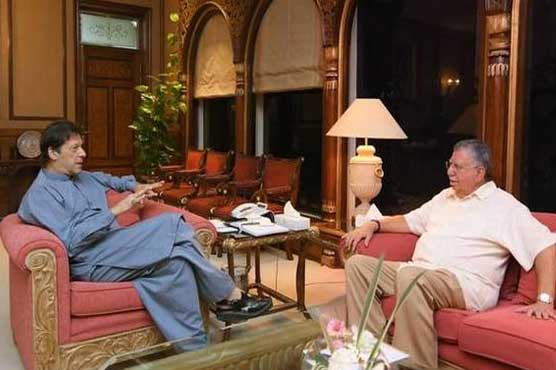
Pakistan’s economic woes have been decades long and each successive government, military or civilian, simply tries to gloss over them or buy its way out of trouble. On Friday June 11, Finance Minister Shaukat Tarin presented the 2021-2022 federal budget, and it appears that the Imran Khan PTI-led government has decided to continue with that policy. The question never asked is ‘Who will pay the price?’ and the answer never given: ‘Successive generations of Pakistanis.’
According to Dawn resident editor in Islamabad, Fahd Hussain, “The PTI government is essentially following the same trajectory: spend, spend, spend and worry about how to pay for it later.”
Hussain notes that he government’s political narrative “is telling the voter — yes, the same voter ravaged by inflation and unemployment — that difficult times are almost over and good times, as promised by Prime Minister Imran Khan, are around the corner. This budget is Exhibit A for the new narrative. Government spokespersons will turbo-charge the narrative in the coming days and weeks, and fuel it with data that has nourished the budget document unveiled in parliament.”
However, “The budget tells a story steeped in ambition. The story says the government will now loosen its belt, spend its money, freeze hikes in utility charges, save citizens from further taxation and inject booster shots into programs like Ehsaas and Naya Pakistan Housing. The growth underway is expected to finance this ambition. Large-scale manufacturing is clocking impressive numbers, agriculture is giving bumper yields, remittances are raining down like never before, tax collection is showing encouraging trends and the twin deficits have been tamed. Well, at least these are the fancy talking points that government spokespersons are carrying in their pockets as they troop out to wage data wars in the cushy confines of TV studios.”
Finally, Hussain points out, “the PTI’s handling of the economy has lurched from one experiment to another, from one approach to another, and from one minister sent packing to another. The government has blundered on projects and fumbled on reforms. For three years, it kept burdening citizens with pain without any major corresponding macro benefits to the economy. The FBR was not reformed, the power structure was not restructured and the state-owned enterprises were not privatized. Finally after three years, politics caught up with the PTI’s economy. The government realized — or perhaps was made to realize — that if its economics continued down this path, the voters would take the government to the cleaners in the next elections. Just as they had in the recent by-elections. So a decision was made: enough of economics, let’s do some politics.”
![]()





